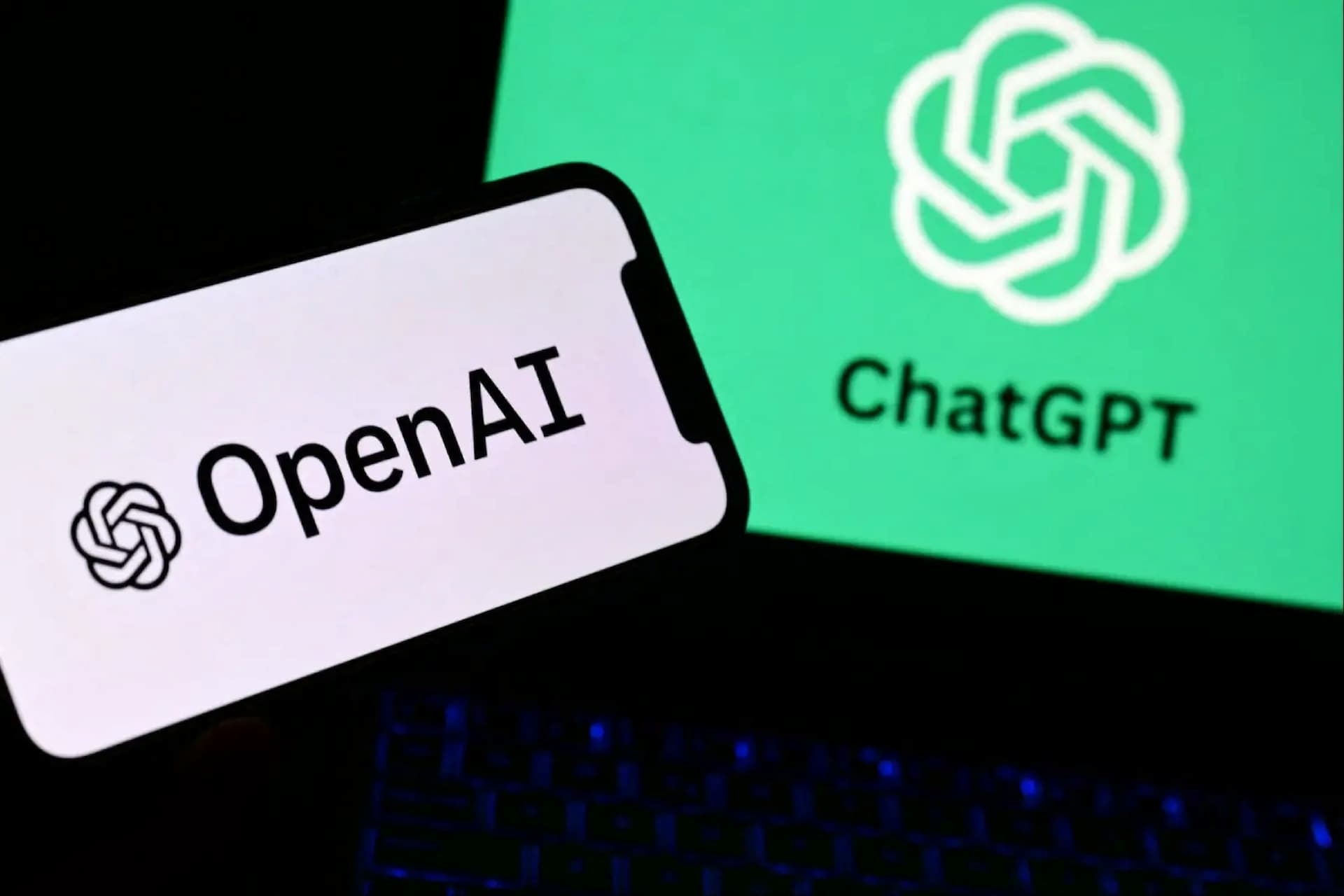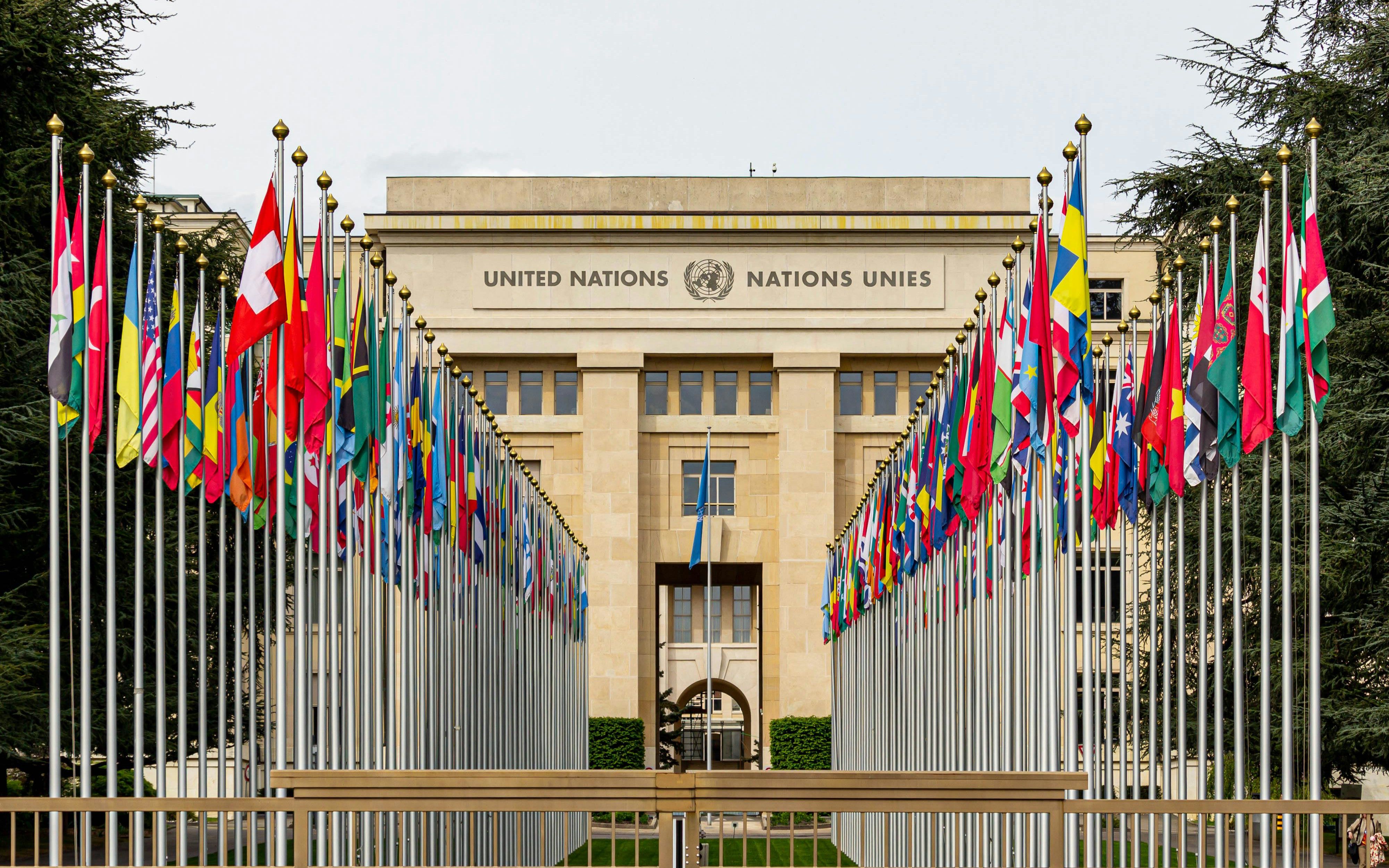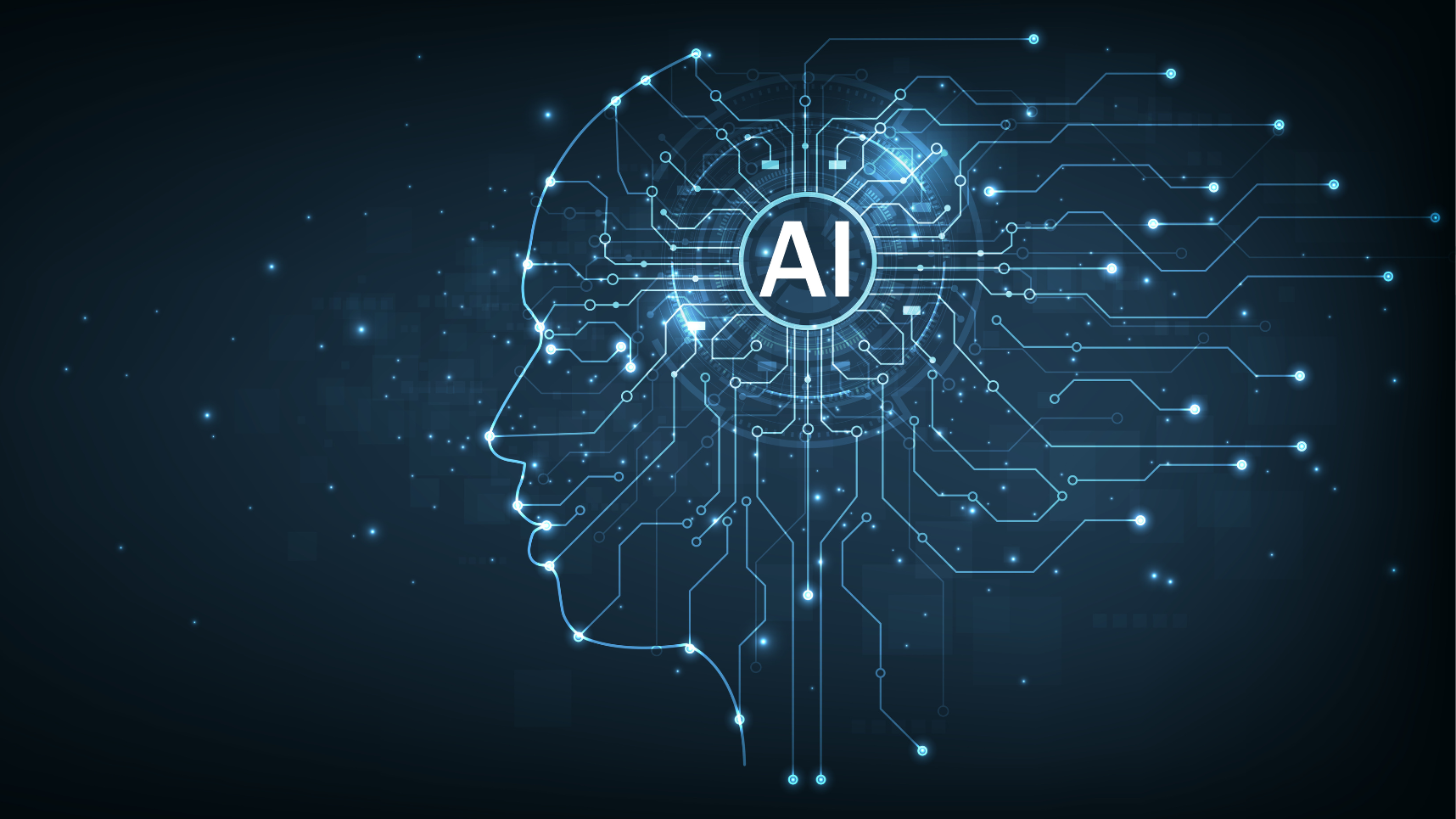OpenAI’s ChatGPT could soon face the EU’s strictest platform regulations under the Digital Services Act (DSA), after surpassing 120 million monthly users in Europe.
A milestone that places OpenAI’s chatbot above the 45 million-user threshold that triggers heightened oversight.
The DSA imposes stricter obligations on major platforms such as Meta, TikTok, and Amazon, requiring greater transparency, risk assessments, and annual fees to fund EU supervision.
The European Commission confirmed it has begun assessing ChatGPT’s eligibility for the ‘very large online platform’ status, which would bring the total number of regulated platforms to 26.
OpenAI reported that its ChatGPT search function alone had 120.4 million monthly active users across the EU in the six months ending 30 September 2025. Globally, the chatbot now counts around 700 million weekly users.
If designated under the DSA, ChatGPT would be required to curb illegal and harmful content more rigorously and demonstrate how its algorithms handle information, marking the EU’s most direct regulatory test yet for generative AI.
Would you like to learn more about AI, tech and digital diplomacy? If so, ask our Diplo chatbot!










